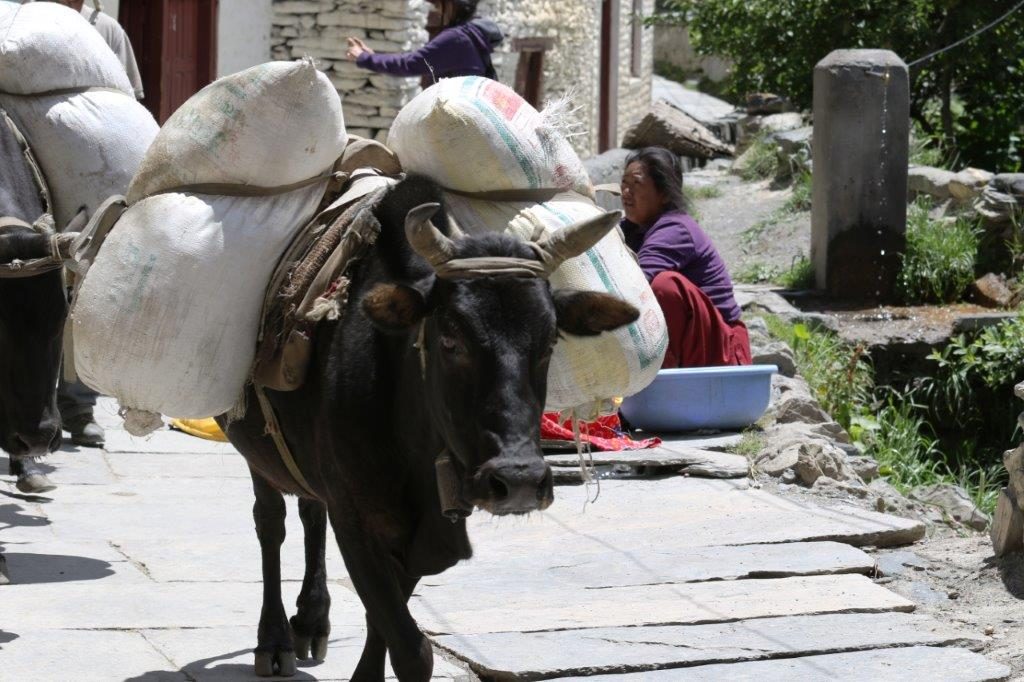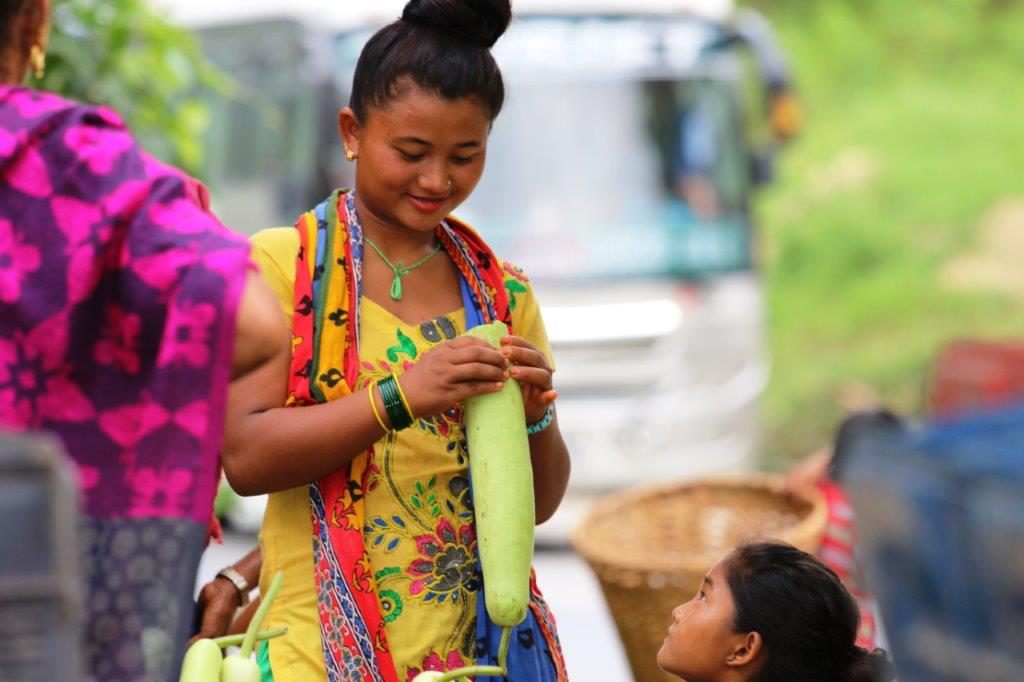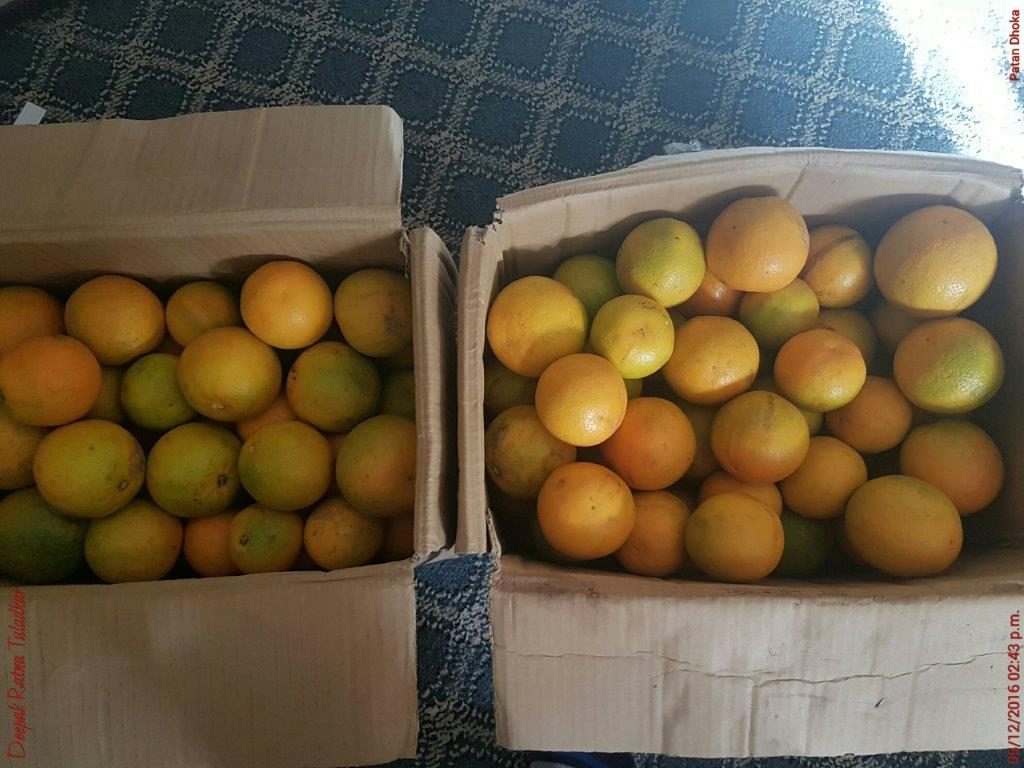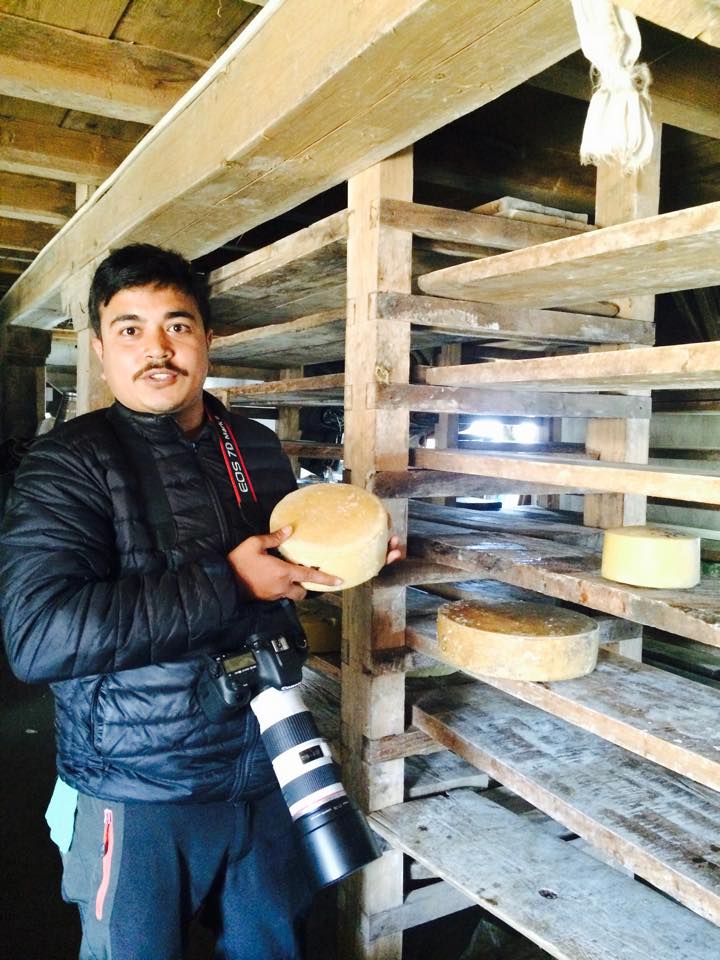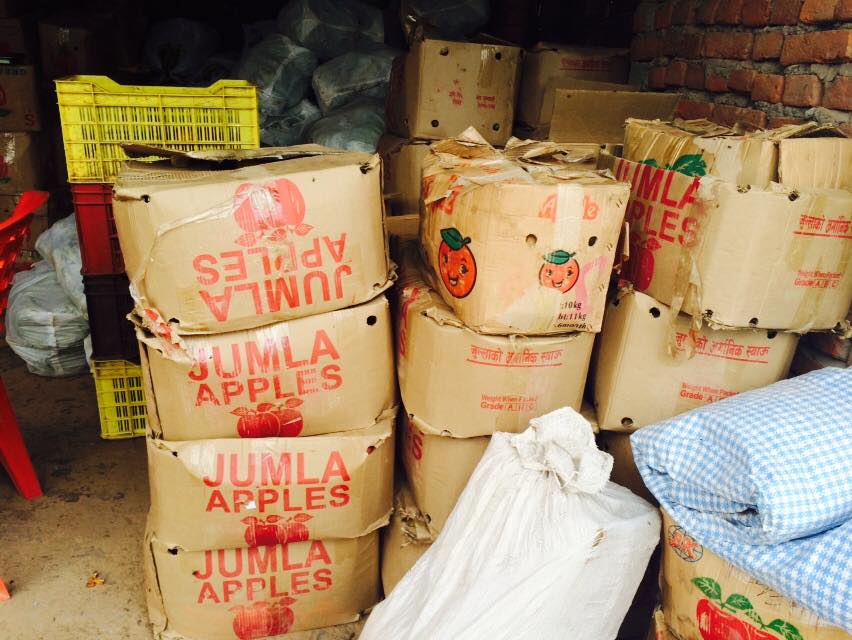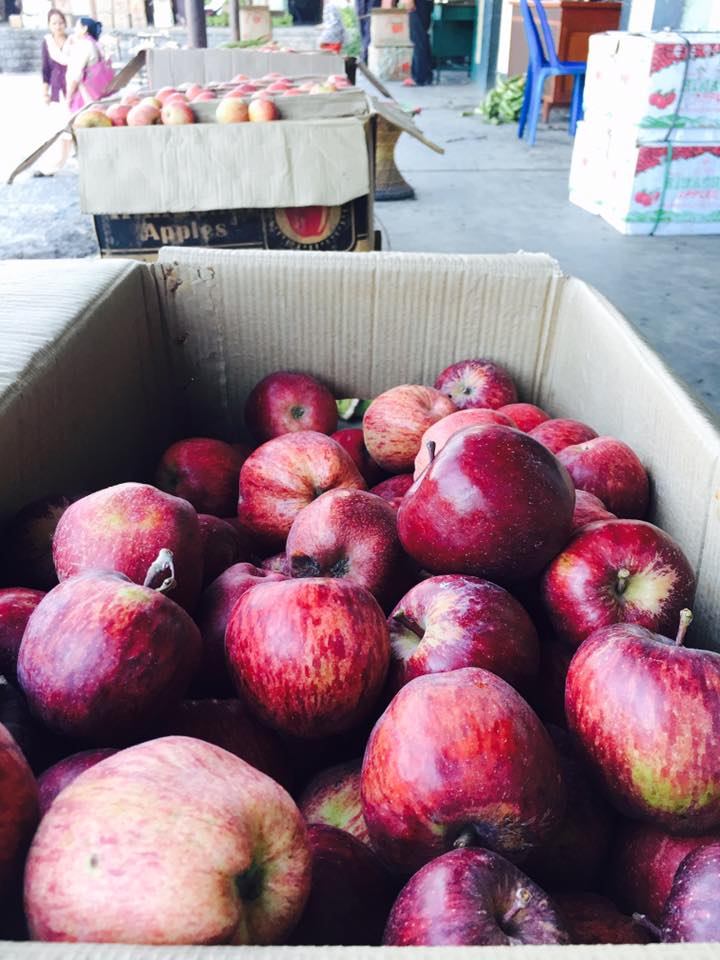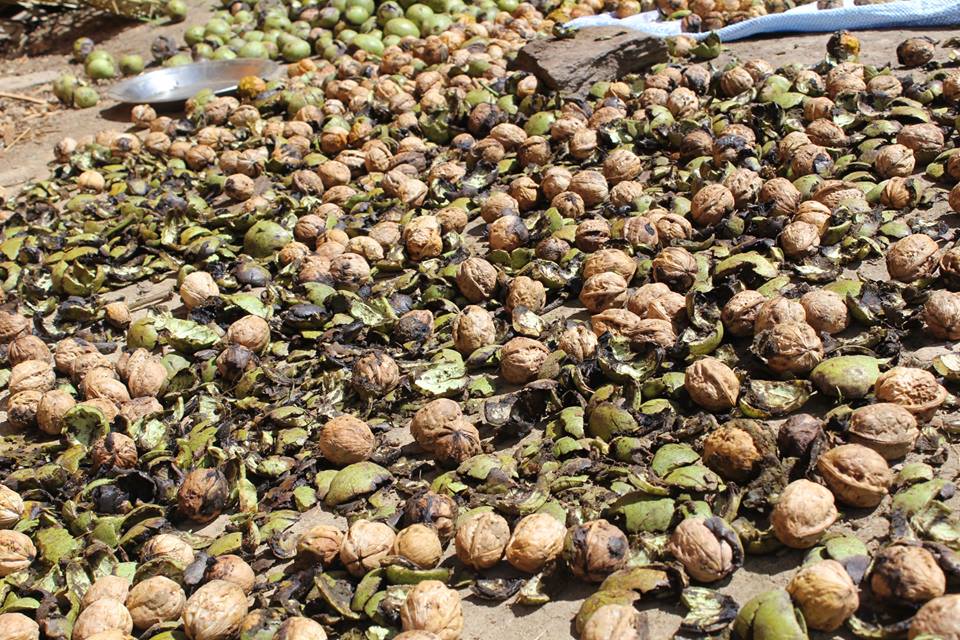Nepal has long crushed the conventions of being a country that lacks ample opportunities. With a rejuvenating youth willpower, Nepal has started to surge progression through the possibilities that lay in its entrepreneurial community. The tables have turned for the youths who needed to find opportunities outside the urbane lands of overseas have now started probing the rustic lands of Nepal. Such is the story of Farm to Finger, whose founders left behind the good of abroad to cultivate the best in the country.
Deepak Ratna Tuladhar, the Founder/CEO of Farm to Finger and Jagriti Shrestha, the Co-Founder/CEO of Farm to Finger returned back to Nepal from London with the motive of creating and unraveling a better future for the entrepreneurial ecosystem of the country. Farm to Finger is one such endeavor of theirs that has aimed to present opportunities for the rural farm products by connecting them with the urban consumers.
The Notion of Doing Something
Deepak Ratna Tuladhar graduated from West London University, the United Kingdom with a major in Human Resources Management in 2014. Both of the graduates, Deepak and Jagriti were employed in companies that dealt with directly supplying the commodities to the customers.

After working for two years in London, both of them decided to get back to Nepal and explore the entrepreneurial possibilities of the country. Tuladhar shares, “Our families wanted us to return not as job seekers but as job creators.”. So, after staying back six months and exploring the possibilities of the entrepreneurial milieu in Nepal, they discovered agriculture to be the most suitable area to work on.
The Inspiration
After coming back to Nepal on 1 April 2016, Tuladhar started exploring the probabilities of agriculture in the agrarian corners of Jumla and Kalikot. These rustic parts of Nepal invited nothing but issues of agriculture. He witnessed the problems of the farmers who had to let go their indigenous high-value products due to issues of intermediary, illiteracy, infrastructures access, separations of space, time, information and ownership. This incident ignited Farm to Finger on working directly with these farmers and letting their products gain a market value. Before operating as a registered company, they were only selling Jumle apples.
Introducing Farm to Finger
Farm to Finger is an online based venture that deals with bridging the gap between the rural farmers to the urban customers. “We use our hands to get us fed. So, we named our enterprise as Farm to Finger”, shares Tuladhar. Gyring around supplying a variety of agricultural products, Farm to Finger aims to deliver ‘indigenous high-value products’ to its customers.
Junar and Avocado of Sindhuli, Kiwifruit from Dolkha, Jumle apples are the major fruit products they work on. Jumla’s Brown Rice (Marsi Chamal), boiled rice, black rice, yak cheese, red bean pearls and black beans are some of the peculiar commodities they supply. Pickle, herbal soap, organic coffee, wheat, coriander, bio fertilizer, cumin, honey and slim tea are some of the products they supply. Recently, introducing ‘Rittha (Soap Nut)’ from Rukum has been their plan.
Including the rustic mountainous regions of Jumla to the plains of the Chitwan, till date Farm to Finger has explored 25 districts of Nepal. Tuladhar asserts “The journey to 23 districts of Nepal has acquainted me with their peculiar agricultural products. The asset to our enterprises are 1620 farmers we work with and we have more than 3000 customers consuming the products.”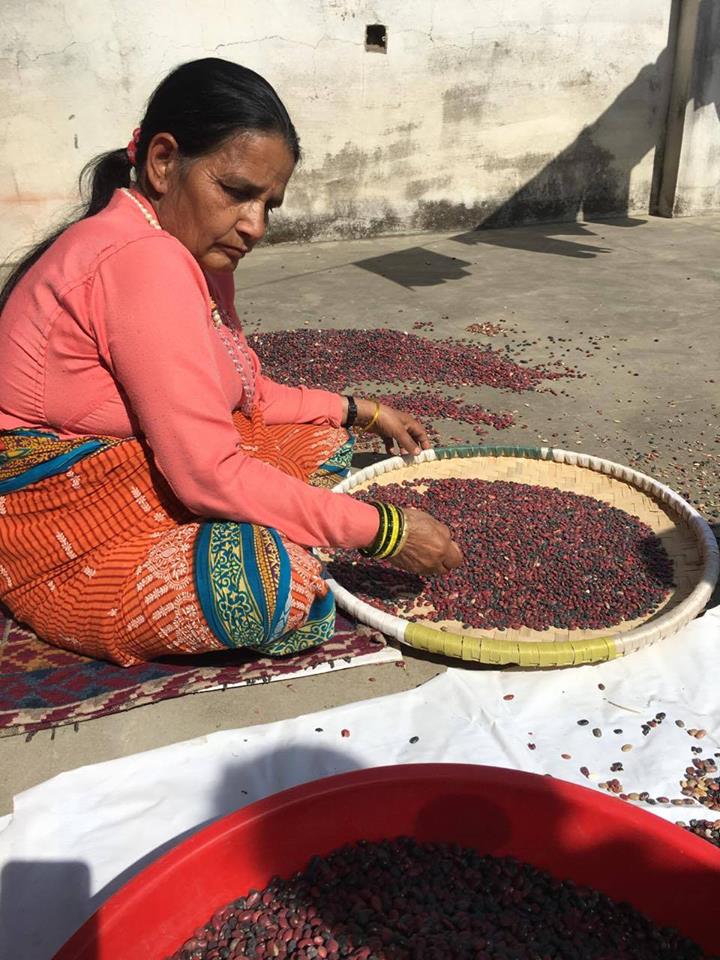
Compared to the products in the market, they offer an affordable price. Tuladhar mentions “Our products are peculiar and they are not easily found in the normal market. Attempting to utilize the cheapest transportation facility we bring these products to the capital. We correspond our products to the customers through e-mail and social media sites. They should not pay us the delivery charges.”
The Mid West and Far West of the country comprise women farmers. Tuladhar remarks that Farm to Finger visualizes women empowerment through their venture: “All the men have left. It’s the females who have adopted the farming in these regions. They are unaware but they are working and learning. We want to scale up their products and find them an appreciable market.”
Two months back, through Daayitwa Foundation, Tuladhar had initiated a research on ‘The Impact of Intermediaries in Supply Chain of Nepalese Local Products’ for the government. Through this research, he got acquainted with the pricing difference and intermediary brawls the farmers and the suppliers have to face respectively. He acknowledges that syndicate and irresponsibility of the government agencies have led to problems in the efficient pricing of the farm products.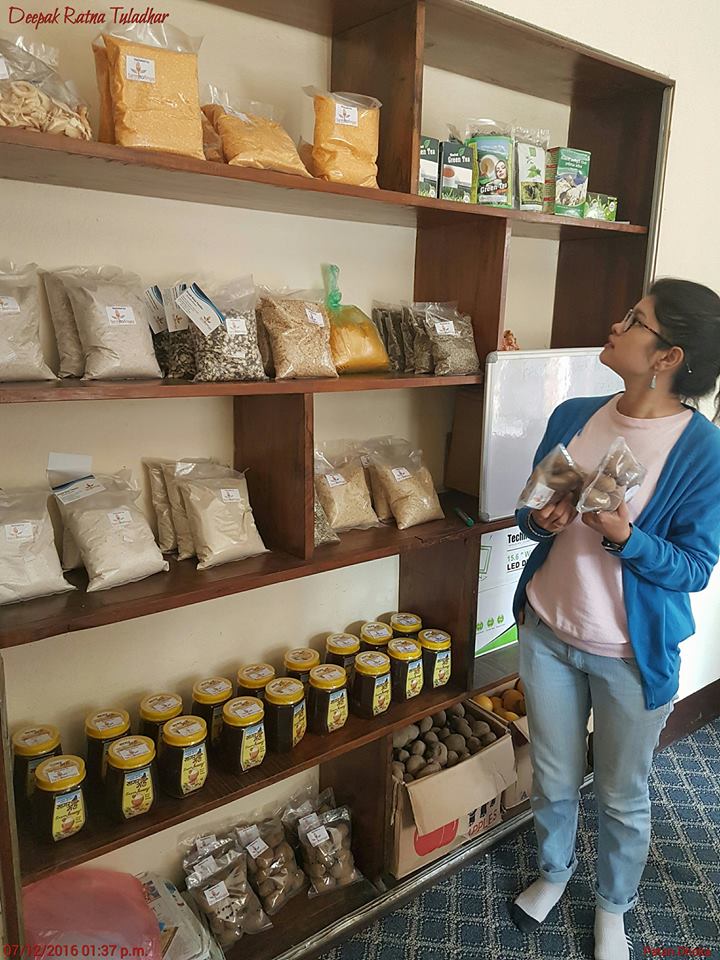
Problems
Currently, they are having hurdles in the efficient supply of their products. According to Tuladhar, product sourcing has proven to become really competitive on a daily basis. The attempt to beat the market rate and to present their customers twenty percent more than the market rate is the strive of the enterprise. In order to achieve this aim, they have to establish themselves beyond being a seasonal buyer of the produces. “We want to weave a network of sustainable relationship with the farmers and it could take us to ample difficulties during the process.”, indicates Tuladhar.
“As I am exploring the possibilities of the entrepreneurial strata, the opportunities and issues of the farmers in Nepal have been inspiring us to find them an appropriate market for their peculiar products.”- Deepak Ratna Tuladhar, CEO/Founder, Farm to Finger
Future Goals
In the coming years, Farm to Finger expects to heighten its brand and scale up the quality and quantity of the products. Tailoring down the 25-30 fruits to 18 products, now the company wants to have 25 distinct products that define Farm to Finger. Within five years, Tuladhar envisions Farm to Finger having 15 outlets in the country. “As we are growing, we team of eight intend to have more than 2 outlets in the country, in the coming two years. The desire is to dispense our national products to the international market. I believe our enterprise is leaping towards a better lead and in the future days through Farm to Finger we aim to become a huge impact creator in the country,” indicates an optimistic Tuladhar.
To the Aspiring Entrepreneurs
Keep working hard! Patience and vision is the key to a successful endeavor. They will let you the glimpse of your desire. Always looking for shortcuts to gain hasty monetary profits through an enterprise is not a good idea. Behind the rejuvenating ambience in the country’s entrepreneurial sphere are the youths. They inspire us every day.
Startups for a better Nepal!
Photos: Farm to Finger
Presented By: Kabita Sen



